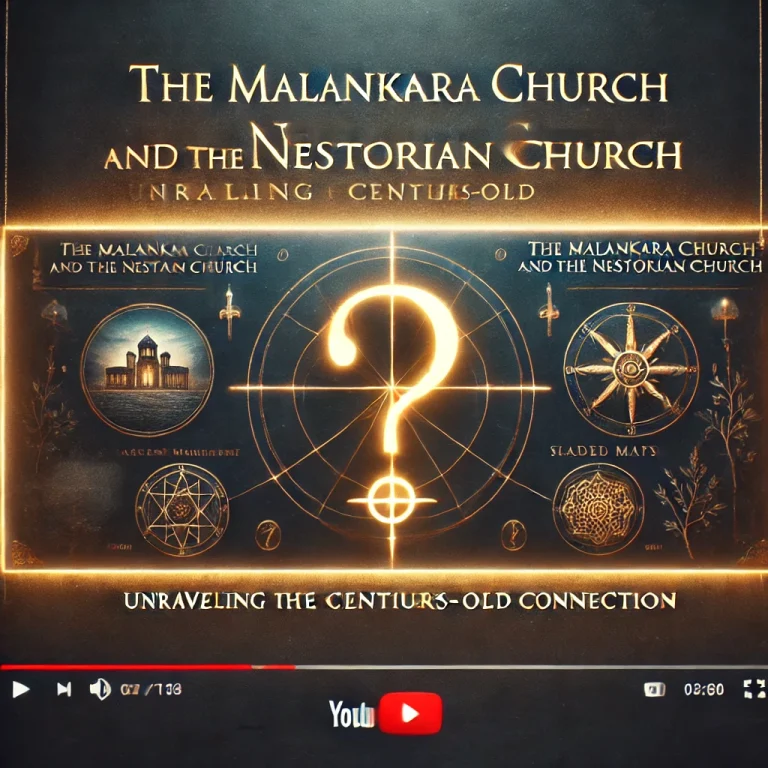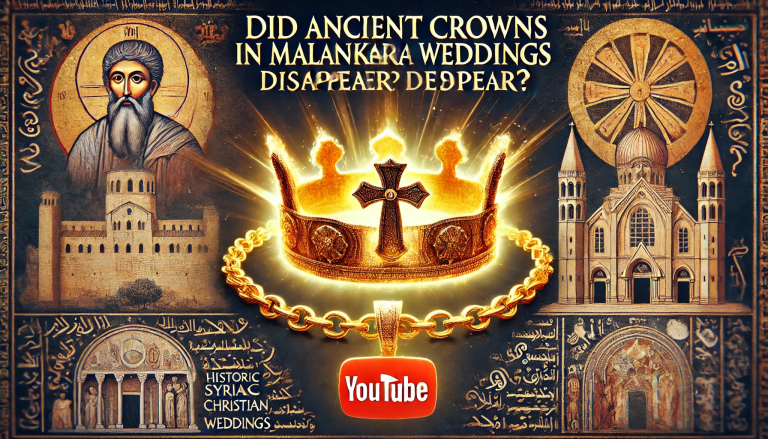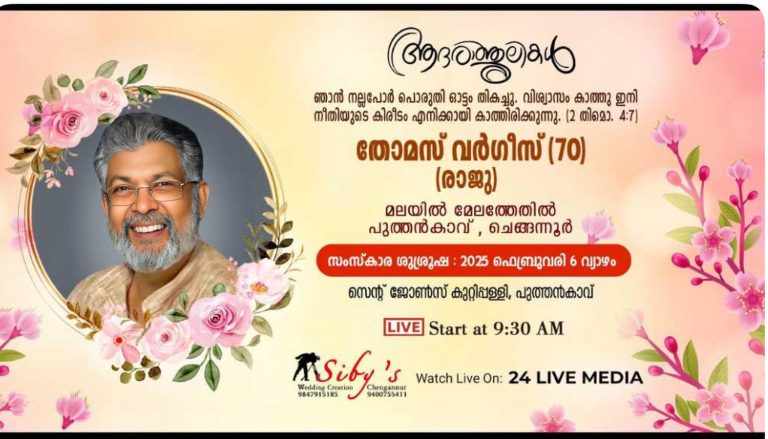
The Oriental understanding of the Bible and Tradition often refers to the perspectives of Eastern Christian traditions, including the Orthodox Churches, Oriental Orthodox Churches, and Eastern Catholic Churches. These traditions have a distinctive approach to Scripture and Tradition, viewing them not as separate or competing sources of divine revelation but as intimately connected and mutually illuminating. The Eastern Christian understanding emphasizes the Church’s living Tradition as the context within which Scripture is interpreted and understood. This perspective is deeply rooted in the early Church and the writings of the Church Fathers.
The Bible in Oriental Tradition
- Sacred Scripture as Part of Holy Tradition: Eastern Christianity sees the Bible as a part of the Holy Tradition. Tradition encompasses the entire life of the Church, including its liturgy, prayers, teachings, and the Holy Scriptures. The Bible is thus understood within the broader context of God’s ongoing revelation and action within the community of believers.
- The Role of the Church Fathers: The writings of the Church Fathers are highly esteemed in Eastern Christianity for their exegetical insights and theological reflections on Scripture. Fathers like St. John Chrysostom, St. Basil the Great, and St. Gregory of Nazianzus, among others, have provided profound interpretations of Scripture that continue to influence Eastern Christian thought.
- For example, St. John Chrysostom (c. 349–407) is renowned for his sermons on the New Testament, which offer deep spiritual and moral insights. His commentary on the Gospel of Matthew (Homilies on Matthew) is a significant work that reflects the patristic approach to Scripture.
- St. Basil the Great (c. 330–379) emphasized the importance of the Holy Spirit in interpreting Scripture. In his work On the Holy Spirit, he argues for the divinity of the Holy Spirit and its role in revealing the truths of Scripture.
- The Liturgical Context: The liturgy of the Eastern Churches is saturated with scriptural references and readings. The Divine Liturgy and the Liturgy of the Hours incorporate extensive readings from the Old and New Testaments, demonstrating the integration of Scripture into the worship life of the Church. This liturgical context provides a communal and experiential framework for understanding Scripture.
Tradition in Oriental Understanding
- Tradition as Living Witness: Tradition in Eastern Christianity is not seen as a static body of teachings or practices but as the living and dynamic witness of the Holy Spirit’s presence and guidance in the Church. It includes the decisions of Ecumenical Councils, the canons of the Church, the liturgical rites, and the spiritual teachings of the Church Fathers.
- Consensus Patrum (Consensus of the Fathers): The Eastern Churches emphasize the consensus among the Church Fathers as a criterion for orthodoxy. This consensus is not merely an agreement on doctrinal formulations but reflects a more profound harmony in the spiritual and liturgical life of the Church.
- Theology as Doxology: Eastern Christian theology is often characterized by a doxological approach, where theology and worship are inseparable. Theological truth is expressed and experienced within the context of liturgical worship, emphasizing the mystical and experiential knowledge of God.
Scriptural References and Theological Themes
- 2 Thessalonians 2:15: “So then, brothers and sisters, stand firm and hold fast to the teachings we passed on to you, whether by word of mouth or by letter.” This verse highlights the importance of holding to the apostolic Tradition, whether delivered orally or in written form, reflecting the Eastern emphasis on Tradition alongside Scripture.
- 1 Corinthians 11:2: “I praise you for remembering me in everything and for holding to the traditions just as I passed them on to you.” Paul’s commendation of the Corinthians for keeping the traditions he passed on to them underscores the value placed on apostolic Tradition.
- John 16:13: “But when he, the Spirit of truth, comes, he will guide you into all the truth. He will not speak on his own; he will speak only what he hears, and he will tell you what is yet to come.” This promise of the Holy Spirit’s guidance is foundational to the Eastern understanding of Tradition as the living and dynamic action of the Holy Spirit in the Church.
Conclusion
The Oriental understanding of the Bible and Tradition is characterized by a holistic view that sees Scripture as embedded within the Church’s living Tradition. This perspective emphasizes the communal, liturgical, and mystical dimensions of Christian faith and practice, grounded in the belief that the Holy Spirit guides the Church into all truth.
The Oriental understanding of the Bible and Tradition often refers to the perspectives of Eastern Christian traditions, including the Orthodox Churches, Oriental Orthodox Churches, and Eastern Catholic Churches. These traditions have a distinctive approach to Scripture and Tradition, viewing them not as separate or competing sources of divine revelation but as intimately connected and mutually illuminating. The Eastern Christian understanding emphasizes the Church’s living Tradition as the context within which Scripture is interpreted and understood. This perspective is deeply rooted in the early Church and the writings of the Church Fathers.
The Bible in Oriental Tradition
- Sacred Scripture as Part of Holy Tradition: Eastern Christianity sees the Bible as a part of the Holy Tradition. Tradition encompasses the entire life of the Church, including its liturgy, prayers, teachings, and the Holy Scriptures. The Bible is thus understood within the broader context of God’s ongoing revelation and action within the community of believers.
- The Role of the Church Fathers: The writings of the Church Fathers are highly esteemed in Eastern Christianity for their exegetical insights and theological reflections on Scripture. Fathers like St. John Chrysostom, St. Basil the Great, and St. Gregory of Nazianzus, among others, have provided profound interpretations of Scripture that continue to influence Eastern Christian thought.
-
- For example, St. John Chrysostom (c. 349–407) is renowned for his sermons on the New Testament, which offer deep spiritual and moral insights. His commentary on the Gospel of Matthew (Homilies on Matthew) is a significant work that reflects the patristic approach to Scripture.
- St. Basil the Great (c. 330–379) emphasized the importance of the Holy Spirit in interpreting Scripture. In his work On the Holy Spirit, he argues for the divinity of the Holy Spirit and its role in revealing the truths of Scripture.
- The Liturgical Context: The liturgy of the Eastern Churches is saturated with scriptural references and readings. The Divine Liturgy and the Liturgy of the Hours incorporate extensive readings from the Old and New Testaments, demonstrating the integration of Scripture into the worship life of the Church. This liturgical context provides a communal and experiential framework for understanding Scripture.
Tradition in Oriental Understanding
- Tradition as Living Witness: Tradition in Eastern Christianity is not seen as a static body of teachings or practices but as the living and dynamic witness of the Holy Spirit’s presence and guidance in the Church. It includes the decisions of Ecumenical Councils, the canons of the Church, the liturgical rites, and the spiritual teachings of the Church Fathers.
- Consensus Patrum (Consensus of the Fathers): The Eastern Churches emphasize the consensus among the Church Fathers as a criterion for orthodoxy. This consensus is not merely an agreement on doctrinal formulations but reflects a more profound harmony in the spiritual and liturgical life of the Church.
- Theology as Doxology: Eastern Christian theology is often characterized by a doxological approach, where theology and worship are inseparable. Theological truth is expressed and experienced within the context of liturgical worship, emphasizing the mystical and experiential knowledge of God.
Scriptural References and Theological Themes
- 2 Thessalonians 2:15: “So then, brothers and sisters, stand firm and hold fast to the teachings we passed on to you, whether by word of mouth or by letter.” This verse highlights the importance of holding to the apostolic Tradition, whether delivered orally or in written form, reflecting the Eastern emphasis on Tradition alongside Scripture.
- 1 Corinthians 11:2: “I praise you for remembering me in everything and for holding to the traditions just as I passed them on to you.” Paul’s commendation of the Corinthians for keeping the traditions he passed on to them underscores the value placed on apostolic Tradition.
- John 16:13: “But when he, the Spirit of truth, comes, he will guide you into all the truth. He will not speak on his own; he will speak only what he hears, and he will tell you what is yet to come.” This promise of the Holy Spirit’s guidance is foundational to the Eastern understanding of Tradition as the living and dynamic action of the Holy Spirit in the Church.
Conclusion
The Oriental understanding of the Bible and Tradition is characterized by a holistic view that sees Scripture as embedded within the Church’s living Tradition. This perspective emphasizes the communal, liturgical, and mystical dimensions of Christian faith and practice, grounded in the belief that the Holy Spirit guides the Church into all truth.




